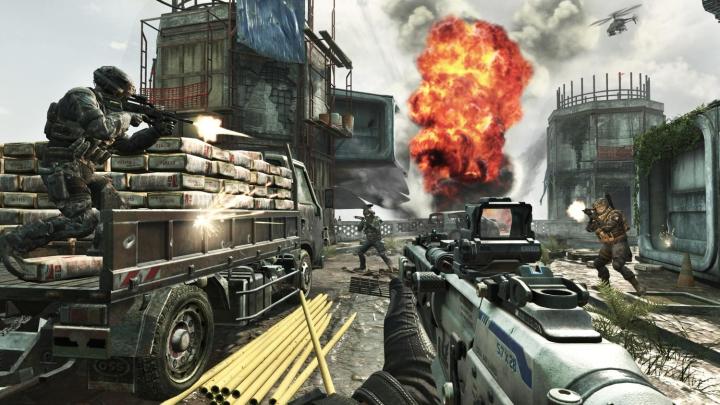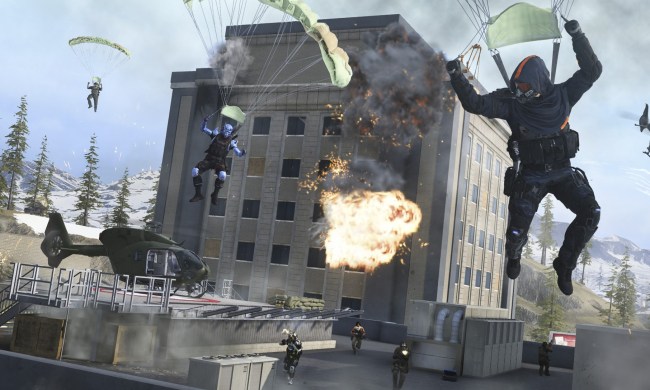
Following the Sandy Hook shootings in December of last year, Senator Jay Rockefeller (D-WV) was quick to introduce the bill S.134: The Violent Content Research Act of 2013. The bill seeks “To arrange for the National Academy of Sciences to study the impact of violent video games and violent video programming on children.” As the proposed legislature moves closer towards a Senate vote, Activision Blizzard has hired one of the largest lobby groups in Washington D.C. to represent its interests, according to the Washington Post.
The lobby group, Akin Gump Strauss Hauer & Feld, is an international firm with more than 800 employees, including 69 registered lobbyists. Last year alone, it spent over $30 million to lobby Congress on a variety of causes, and worked with companies involved in fields ranging from energy, to real estate, to technology, and more
The bill has already been approved by the Senate Committee on Commerce, Science, and Transportation (which Sen. Rockefeller also chairs), and was then presented to the Senate on July 30. It now awaits a full vote, but it’s unknown when exactly that might occur.
The bill itself, also known as the “Violent Content Research Act of 2013,” would task the Federal Trade Commission, the Federal Communications Commission, and the Department of Health and Human Services to work with the National Academy of Sciences “to conduct a comprehensive study and investigation” of the effects of both violent video games and violent programming on children, specifically the potential harmful effects.
Under the section specifically regarding violent video games, the research would investigate whether exposure to violent games caused children to act aggressively or harm others, and to see if it is “disproportionately harmful on children already prone to aggressive behavior” towards other children. It also seeks to study if violent games are more detrimental than other forms of violent media. The provisions regarding violent programming would be roughly the same, but the two would be studied separately under the bill.
The bill would also “identify gaps in the current state of research” that could help to provide any casual connection between violent games or programming and behavior. The groups involved would then submit a report no later than 15 months after the study began.
Neither Activision Blizzard nor the lobby group has stated what their position will be regarding the bill, and a rep for Activision Blizzard declined to comment. But while S.134 is the most current piece of legislature involving video games, that doesn’t mean Akin Gump Strauss Hauer & Feld will focus on it alone. Video games have become a political football for both local and federal governments. In 2011, the issue of video game sales made its way to the Supreme Court, and it may not be the last time the Justices hear arguments involving the video game industry. As the video game industry grows, so to will the eyes on it.
This marks the second time in the last few months that Activision Blizzard moved to become more involved in legislature involving video games. In July, Activision rejoined the Electronic Software Association after a five year absence. The ESA, itself a partial lobby organization, spent nearly $4 million in lobbying alone in 2012.


